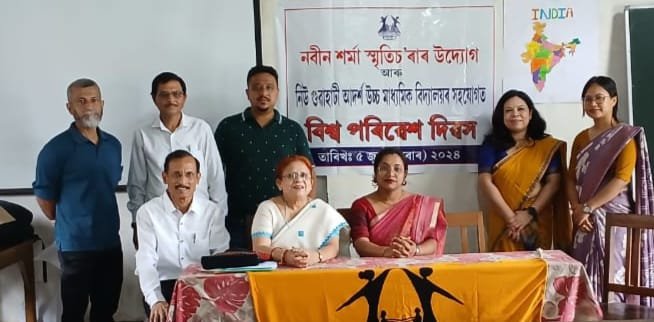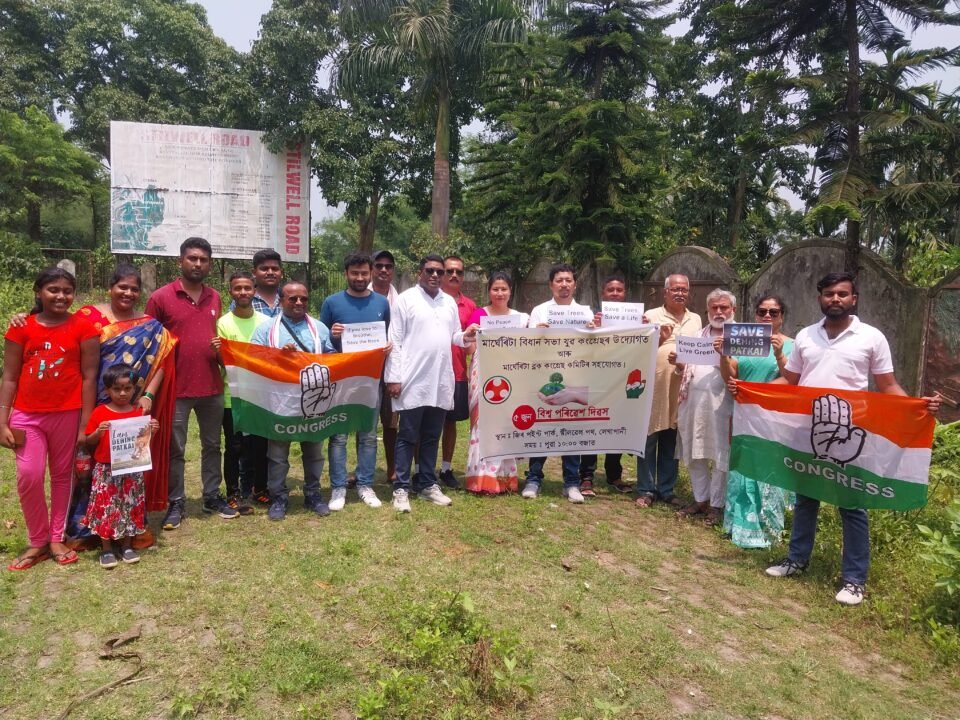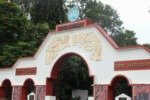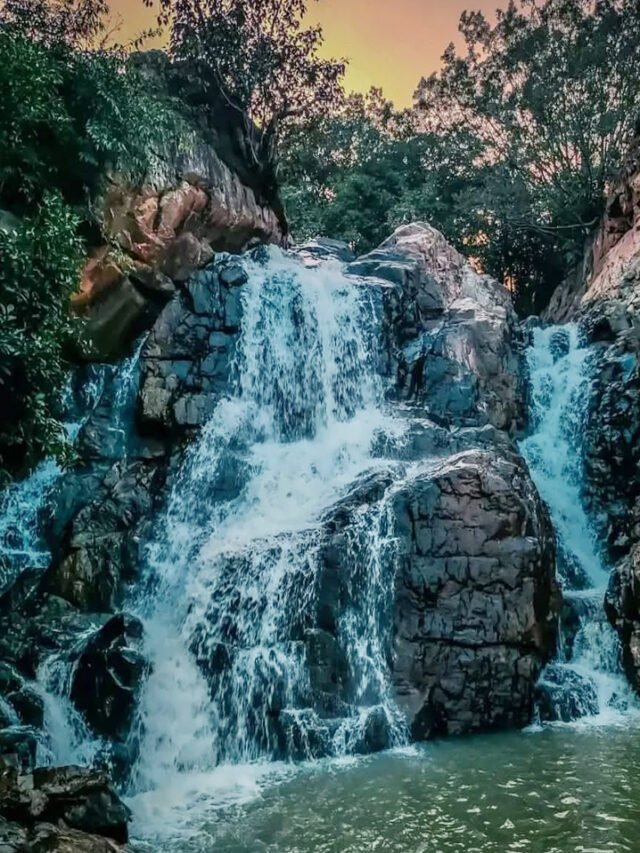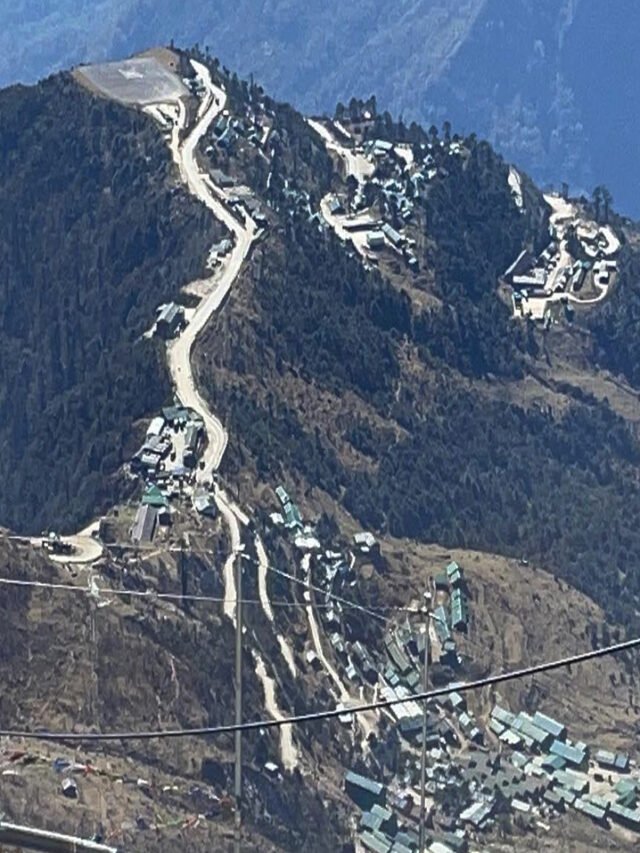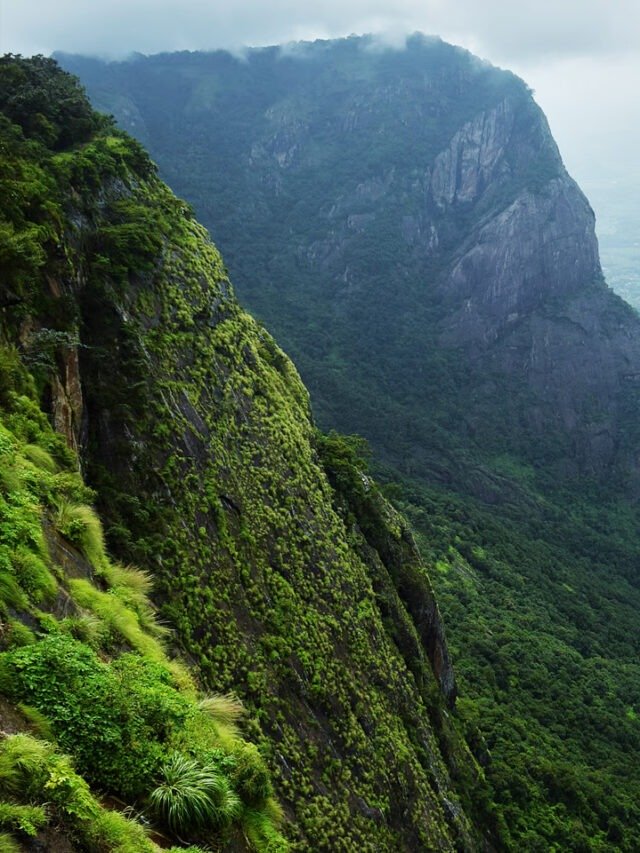HT Bureau
GUWAHATI, May 31: ECHO – Building Environment Conservation Heroes – is a university engagement programme by WWF-India. ECHO is an annual innovation platform that engages interdisciplinary teams of university students to explore and ideate innovative solutions to accelerate environment conservation efforts. Through this programme, we build the capacity of youth to contribute to the Sustainable Development Goals (SDGs), enhance their leadership qualities, and develop entrepreneurial skills.
The ECHO 2023-24 theme is SDG 11 titled ‘Sustainable Cities and Communities’. The objective of SDG 11 is to make cities and human settlements inclusive, safe, resilient, and sustainable. WWF-India’s Assam state office, led by state coordinator Archita Baruah Bhattacharyya, conducted the State Level Summit of ECHO for students participating to showcase their innovations and ideas to build more inclusive, safe, and sustainable cities. The event was held at MCB Conference Hall, Cotton University, Guwahati, with seven finalist teams from prestigious institutions: Handique Girls’ College, Cotton College Zoology department, USTM Zoology department, GCC, SB Deorah, TISS Guwahati, and NLU Guwahati presenting their pilot projects on environment-friendly Dwij Paper from paper waste, biodegradable cutlery for sustainable food habits, waste to wealth: egg shells as animal feed, EcoChar: turning weeds into warmth, eco-friendly food vending, natural latex water bottles.
The jury members Dr Merry Baruah Bora and Shirshendu Sekhar Das judged the projects presented based on several ECHO parameters such as innovation and scalability. After a tough competition, Gauhati Commerce College emerged as the state-level summit winner followed by USTM as first runner’s up from Assam. The winning team from GCC will now represent Assam in the national summit. Their project ‘A Holistic Development of a Slum’ aligns with Sustainable Development Goal (SDG) 11, encouraging people to reduce cloth waste through upcycling and reuse of materials, promoting sustainable urban development, and reducing environmental impact. They provided income opportunities to slum dwellers through eco-friendly business ideas, focused on community involvement, and slum women empowerment.
Several dignitaries, including Prof Ranjit Chowdhury, chairperson WWF Assam Advisory Board, Prof Ramesh Ch Deka, the vice chancellor of Cotton University, Dr Arindam Garg, the registrar of cotton University, and Prof Mala Dutta, HOD Geography department, graced the event and interacted with the participants.




